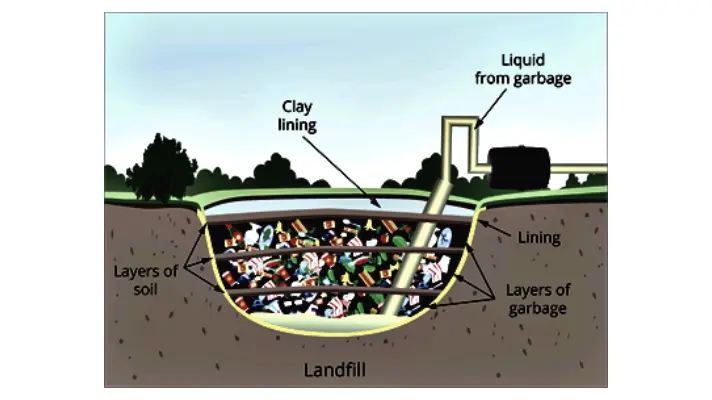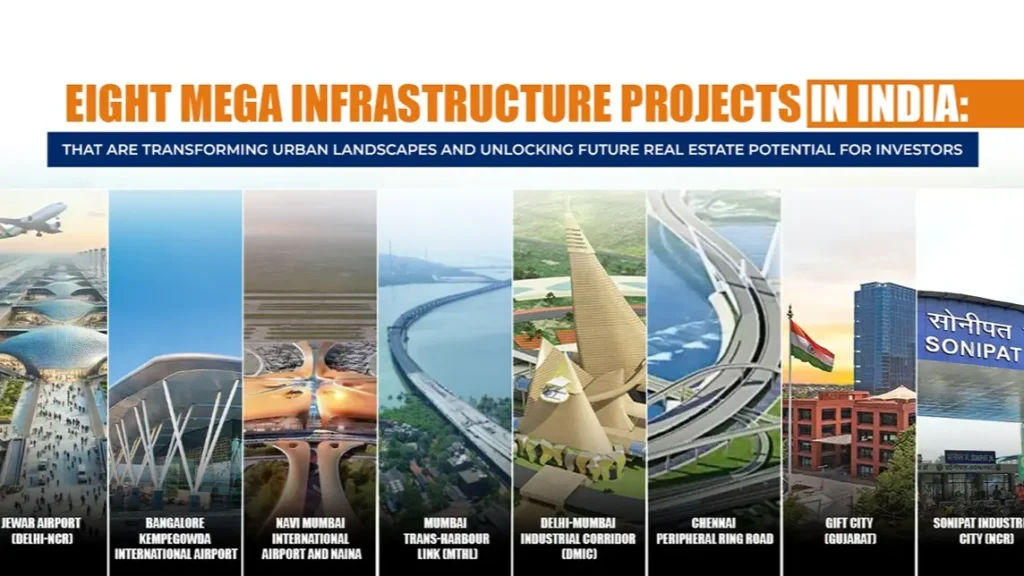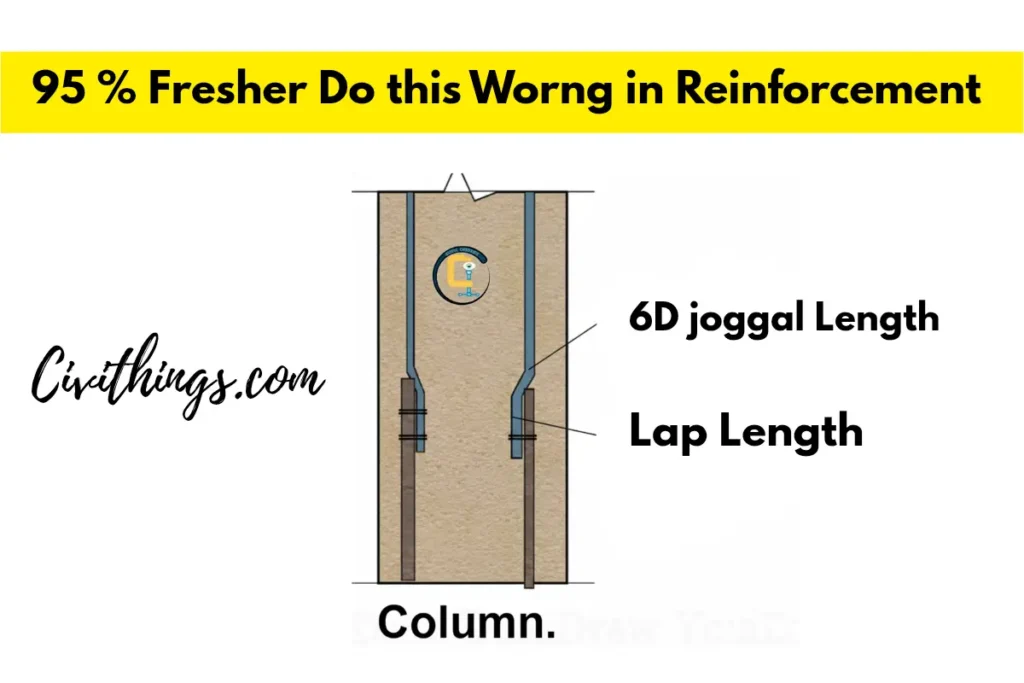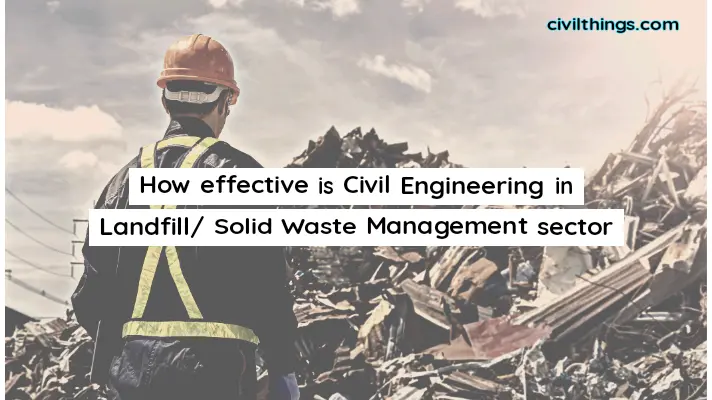In the realm of environmental sustainability and urban development, landfill and solid waste management have become critical areas of focus. Amidst growing concerns about waste disposal and its impact on the environment, civil engineering emerges as a pivotal discipline driving innovative solutions. Let’s delve into the effectiveness of civil engineering in landfill and solid waste management.

Designing Efficient Landfills
One of the primary roles of civil engineers in solid waste management is designing and constructing efficient landfills. This involves a comprehensive understanding of geotechnical engineering principles to ensure the structural integrity and environmental safety of waste disposal sites. Civil engineers leverage their expertise to plan landfill layouts, taking into account factors like waste volume, compaction requirements, and environmental regulations.
Environmental Considerations
Effective solid waste management demands a keen awareness of environmental impacts. Civil engineers play a crucial role in designing landfills that minimize pollution and contamination risks. They implement systems to collect and treat leachate (liquid that drains from waste) and methane gas generated by decomposing waste, mitigating potential environmental hazards.
Innovative Waste Treatment Technologies
Beyond landfill design, civil engineers contribute to developing and implementing advanced waste treatment technologies. This includes techniques such as waste-to-energy processes, composting facilities, and recycling plants. By integrating these technologies into solid waste management strategies, civil engineers help maximize resource recovery while reducing the volume of waste destined for landfills.
Regulatory Compliance and Public Safety
Civil engineers operating in the landfill and solid waste management sector navigate complex regulatory frameworks. They ensure that landfills comply with zoning ordinances, environmental regulations, and safety standards. Additionally, civil engineers engage with communities to address concerns regarding odor, noise, and traffic associated with landfill operations, emphasizing public safety and environmental stewardship.
Sustainable Development
The principles of sustainable development guide modern landfill and solid waste management practices. Civil engineers are instrumental in implementing sustainable strategies such as waste reduction, recycling, and resource recovery. They work towards circular economy models where waste is viewed as a potential resource rather than a burden, aligning with global sustainability goals.
Future Challenges and Opportunities
As urban populations grow and consumption patterns evolve, the challenges of landfill and solid waste management intensify. Civil engineers are poised to lead the charge in addressing these challenges through innovation and collaboration. Emerging technologies like artificial intelligence and robotics hold promise in optimizing waste sorting and processing, further enhancing the effectiveness of solid waste management.
In conclusion, civil engineering plays a fundamental and evolving role in ensuring effective landfill and solid waste management. From designing sustainable landfills to implementing innovative waste treatment solutions, civil engineers drive progress towards a cleaner and more sustainable future. As the world grapples with pressing environmental concerns, the synergy between civil engineering and solid waste management will continue to be instrumental in shaping a greener tomorrow.
Check out Trending Articles

AI, BIM and automation lift pay in construction planning roles

Infrastructure Boom Pushes Civil Engineers’ CTCs Up to ₹25–40 LPA in Mega Projects

How to Calculate Joggle Bar Length (Step-by-Step Easy Guide for Site Engineers)

Hi! I’m Sandip, a civil engineer who loves sharing about Civil Engineering & new ideas and tips. My blog helps you learn about engineering in a fun and easy way!


2 thoughts on “Civil Engineer Role in Effective Landfill & Solid Waste Management”
Comments are closed.